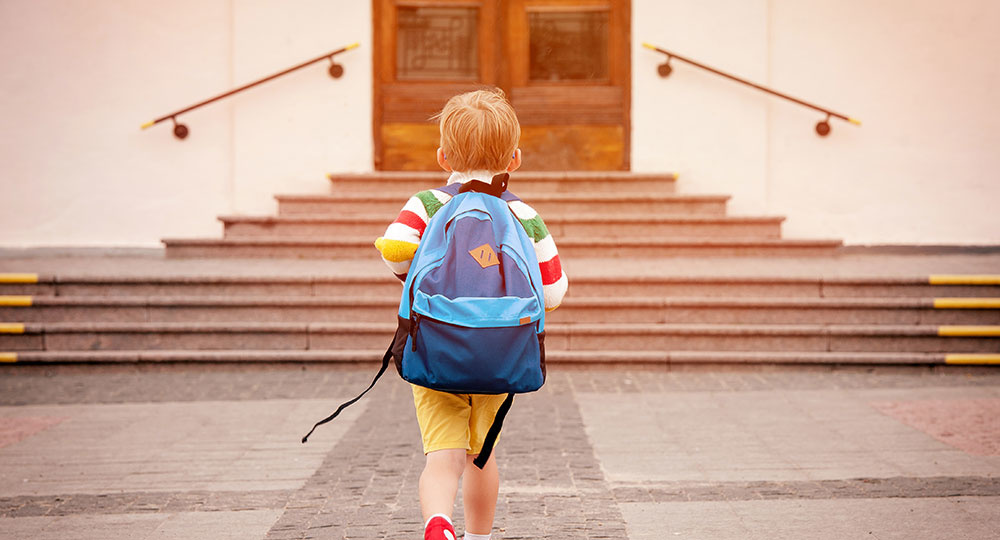
‘Schools must be places that are welcoming and respectful, where every child has the chance to succeed… They should understand how their policies impact differently on pupils depending on their protected characteristics, such as disability or race, and should give particular consideration to the fair treatment of pupils from groups who are vulnerable to exclusion.’
Those are the words of a detailed review of school exclusion this year commissioned by the Government.1 The reality is that children and young people on the autism spectrum are three times more likely to be excluded from school than pupils who have no special educational needs. Last year, nearly 5,000 autistic children in England were given at least one fixed-period exclusion.2
And the situation is even worse than it first appears. These figures relate to ‘official’ exclusions, where procedures are followed and paperwork is completed. They do not reflect the unacceptable situation of so-called ‘informal’ – that is, unlawful – exclusions, for example when children are sent home early or asked to stay away on a particular day, without any formal notification that they are being excluded. We frequently hear from parents that these have happened and the practice results in children losing out on their education, and parents losing the right to make representations to school governors. Statutory guidance is clear that this type of exclusion is unlawful, even if parents or carers agree to it.
While official data on ‘informal’ exclusions is not collected, a survey of more than 2,500 parents carried out in 2017 by the All Party Parliamentary Group on Autism alongside our charity, found that one in four parents said their child had been ‘informally’ excluded at least once in the previous year.3 Another survey by the charity Ambitious about Autism suggested that this figure could be as high as four in ten children and young people on the autism spectrum.4
Being excluded from school has long-term consequences not only for children’s educational outcomes but also for their mental health and self-esteem. Often, we hear that a child or young person is left feeling like a ‘misfit’ at school, believing that they are not welcome and there is no place for them.5 We hear heart-breaking stories every day of children who spend months, even years, out of education and who lose all faith in the system and themselves.
It can also be devastating for families when their child is excluded from school. Parents tell us they feel isolated and may blame themselves, when in fact their child’s behaviour may be a consequence of a lack of understanding and support at school.